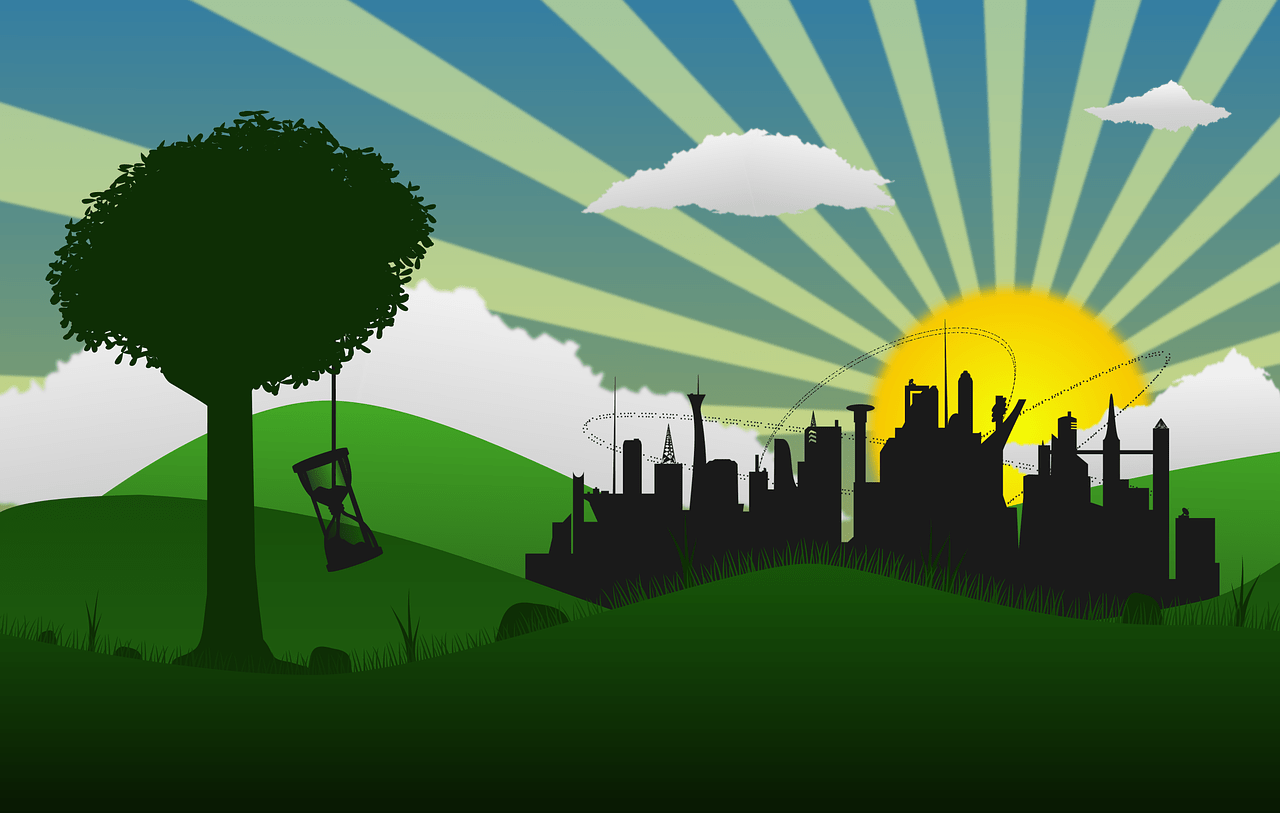n the year 2023, the world stands at a critical juncture. The urgency to address environmental degradation and climate change has never been more palpable. As we navigate this pivotal era, it becomes increasingly clear that the solution lies not in a single approach but in a harmonious blend of various ideologies. One such promising amalgamation is that of neoliberal and sustainable lifestyles. This narrative explores innovative business solutions that harness the strengths of these two paradigms while mitigating their weaknesses.
Neoliberalism, with its emphasis on free markets, deregulation, and privatization, has been a dominant economic model for decades. It has driven unprecedented economic growth and technological innovation. However, it has also been criticized for exacerbating income inequality and contributing to environmental degradation.
On the other hand, the sustainability lifestyle emphasizes responsible consumption, renewable resources, and long-term environmental stewardship. While it offers a path towards ecological balance, critics argue that it may hinder economic growth and technological progress.
In 2023, forward-thinking businesses are finding ways to merge these seemingly contradictory ideologies into a cohesive strategy for sustainable growth. They are leveraging the strengths of neoliberalism – its focus on innovation, competition, and efficiency – while incorporating the principles of sustainability – long-term thinking, resource conservation, and social responsibility.
One such example is the rise of green technology companies. These firms embody neoliberal principles by competing in open markets and constantly innovating. Yet they also embrace sustainability by developing products that reduce carbon emissions or reliance on non-renewable resources. Tesla Inc., with its electric vehicles and renewable energy solutions, is a prime example of this synthesis.
Another innovative business solution is the circular economy model. This approach reimagines traditional linear economies (make-use-dispose) into circular ones where waste is minimized through recycling and reuse. Companies like Loop Industries are pioneering this model by transforming plastic waste into reusable packaging materials.
Moreover, businesses are increasingly adopting Environmental Social Governance (ESG) criteria in their operations and investment decisions. ESG investing represents a shift from short-term profit maximization towards long-term sustainable growth. It aligns with neoliberal principles by promoting market-based solutions while also addressing sustainability concerns.
However, merging neoliberalism and sustainability is not without challenges. Critics argue that market-based solutions may not be sufficient to address systemic environmental issues. Furthermore, there is a risk that sustainability initiatives could be used as marketing ploys without substantial impact – a phenomenon known as greenwashing.
To mitigate these weaknesses, businesses need to ensure transparency in their sustainability efforts. Regulatory bodies can play a crucial role here by setting clear guidelines for ESG reporting. Additionally, consumers can drive change by demanding sustainable products and holding companies accountable for their environmental impact.
Conclusion
In conclusion, driving sustainability in 2023 requires innovative business solutions that combine the strengths of neoliberalism and sustainable lifestyles while addressing their weaknesses. By embracing green technologies, circular economies, ESG investing, and transparency measures, businesses can contribute to a more sustainable future while continuing to thrive in a competitive market environment.
